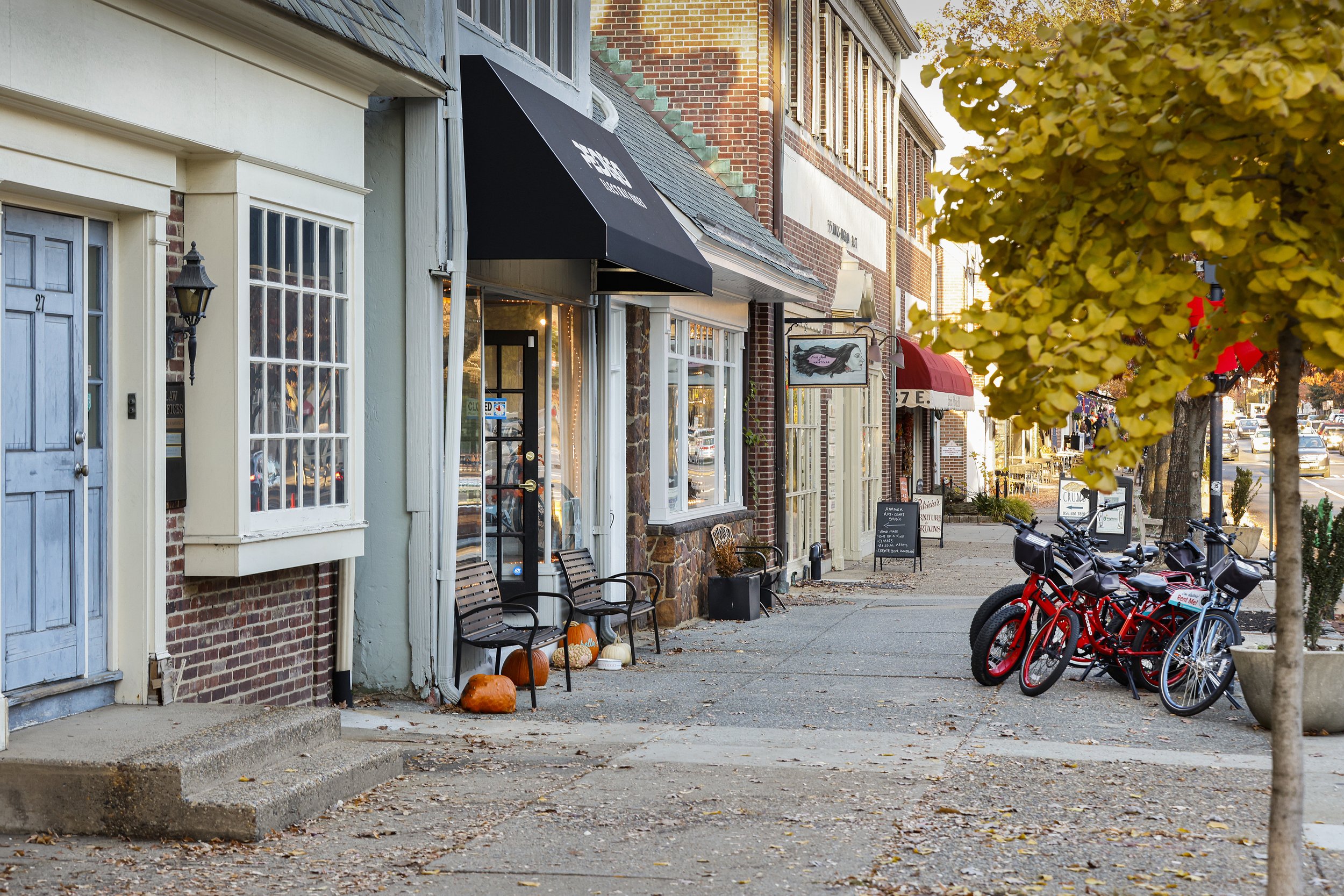
Our Vision
Our vision is a great American city. A city that provides residents of all ages and backgrounds with educational and economic opportunity. A city where good homes, safe and clean streets, and quality health care are plentiful no matter one’s zip code. A city where residents and business owners are able to think big — because their government has the basics under control.
This vision is possible. Few cities have as many natural advantages as ours. But envisioning Philadelphia’s future is not enough. Intending to do better is not enough.
To fulfill the vision, Philadelphia must move beyond intentions and deliver outcomes. Our city must set goals, and then achieve them. We must define progress, and then measure it. When we see clearly that existing policies and systems are not producing their intended effects, we must change them.
“Goals determine what you're going to be.”
— Julius Erving
Greater is Possible
We know improvement is possible, because cities — including our own — have shown the way. Other cities have figured out street sweeping and garbage collection, for example. They have invested in automated trash-hauling equipment, which doesn’t replace sanitation workers but enables them to be safer and more productive. Miami, Washington, D.C., Chicago and New Orleans have raised educational outcomes. They have done this by setting goals, measuring progress, and empowering students and families.
Just across the Delaware River, Camden disbanded and rebuilt its police force — and halved its murder rate. Here, in Philadelphia, we saw the homicide rate decline steadily from 2008 to 2014 — but then we abandoned the very strategies that were contributing to that decline.
There Is No Equity Without Growth
Too often we view equity and growth as being in conflict with one another. Sure, in some ways there is a natural tension between them. But sharing a pie that is too small leaves everybody hungry. When other cities are growing, if we are standing still, we are falling behind. If we are falling behind, we are dooming more of our residents to poverty in the long run.
Our city budget of $5.2 billion may sound like a lot, but if we used all of that money to pay a basic income to each person living in Philadelphia, it would amount to only $3,000 per person, per year. Not even close to enough for people to live. Government has to be the carefully planted seed, the well-timed lever, and the turbocharger for our private and nonprofit sectors. It’s never going to have the capacity to be the main engine of growth.
Together
Philadelphia has to embrace collaboration: with the private sector, and with surrounding counties and towns. Changing our city’s trajectory can be aided by government, but it will not happen in City Hall. It has to happen on Main Street in Manayunk, on Broad Street in North Philadelphia, on and around Market Street and Baltimore Avenue in West Philadelphia, and in Mayfair and Oxford Circle.
Philadelphia’s turnaround has to happen also in Camden and Cherry Hill, in Bucks County and on the Main Line, in Delco and Wilmington. In a globally connected world, we cannot operate the city as an island among the suburbs. We have to dial up regional visioning and cooperation with our surrounding counties, whose residents work in our companies, whose companies employ our residents, and whose people bring their money to our restaurants and entertainment venues and airport.
A City of Firsts
Philadelphia is the birthplace of the United States and so many other institutions, including the nation’s first library, hospital, parochial school system and abolition society.
By supporting businesses to create new jobs, reaffirming the importance of public safety, reimagining public education, and transforming basic city services, Philadelphia can become a growing, thriving, 21st century city. It can be the city where growth drives equity, and equity drives growth.
We cannot wish our way there. We have to make choices, and take risks, and work together. Most of all, we have to expect better — of our government, our institutions, and ourselves. Please join us as we embark on a campaign to lay the foundation for A Greater Philadelphia, from grass roots to neighborhood stoops to City Hall.
“The greatest danger … lies not in setting our aim too high and falling short, but in setting our aim too low and achieving our mark.”
— Michelangelo







